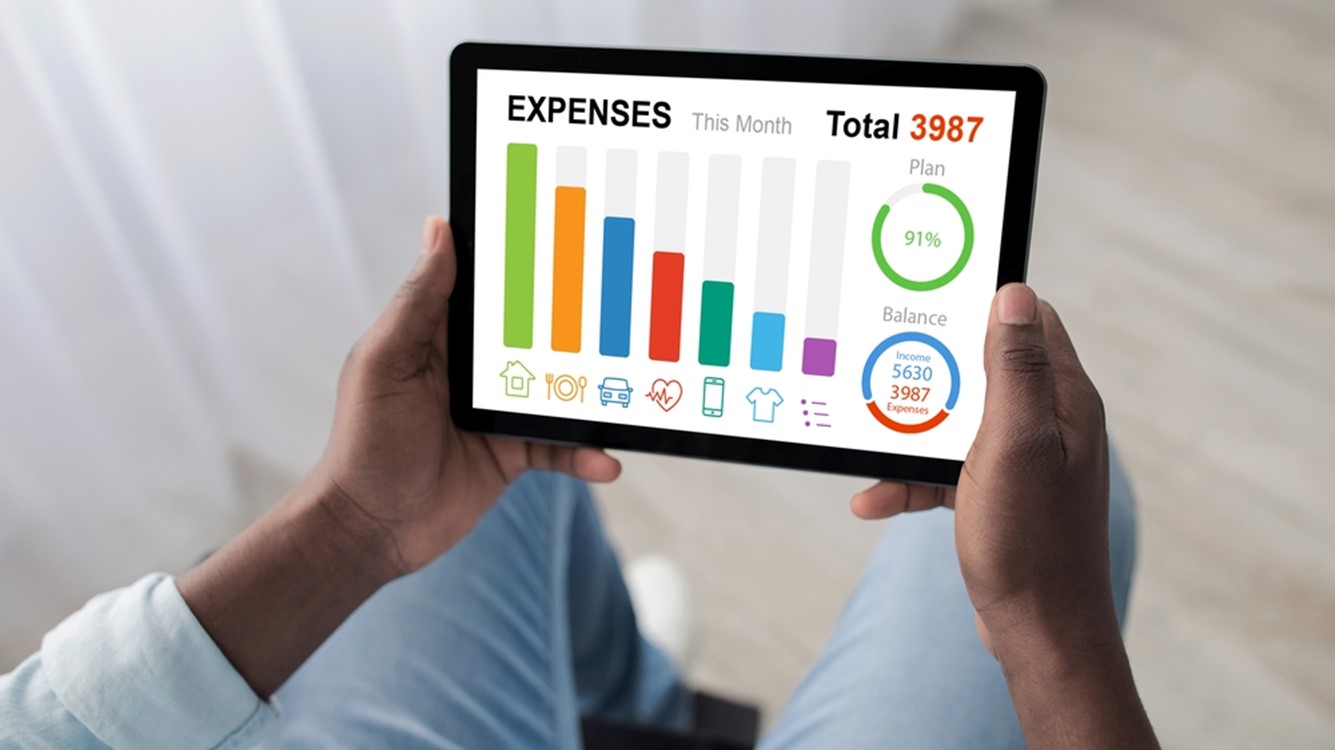Household net worth reaches new high
Healthy household and corporate balance sheets could continue to surprise to the upside.

March 12, 2023
Household net worth increased $4.8 trillion to a record level of $156.2 trillion in the fourth quarter of 2023. Household assets in the form of equity holdings rose $3.3 trillion, boosted by the 11.2% surge in the S&P 500 index in the final quarter of last year. That was the third largest increase on record for equity holdings. Pension assets added another $1.1 trillion, aided by the rise in equity markets.
On the fixed income side, higher interest rates continued to provide an additional source of income that was sorely absent during the pre-COVID years due to the low rate environment. Debt securities contributed $357 billion while money market funds added nearly $120 billion. Money market funds have seen strong demand with short-term Treasury bills yielding north of 5%.
The one downside surprise in the report was the value of residential real estate. This component detracted from household balance sheets, down $365 billion, despite rising home values in the fourth quarter. We expect this asset class to swing back into the black in the next release given the continuing trend in appreciating single-family home prices.
Debt burdens for both households and corporations continued to slow. For businesses, growth in nonfinancial business debt contracted 0.2% in the fourth quarter from the third quarter, the first decline since the Great Recession of 2008-09. Higher interest rates and tighter lending conditions from banks have impeded the flow of credit to certain sectors of the economy. The Federal Reserve’s Senior Loan Officer Opinion Survey (SLOOS) showed banks continued with restrictive lending standards for businesses in the fourth quarter.
Household borrowing slowed in the fourth quarter but remained in positive territory. Household debt outstanding grew 0.6%, the slowest pace since 2020. Households had already locked into low mortgage rates in 2021 and were not incentivized to move and undertake higher cost mortgage debt once interest rates started rising in 2021 and 2022. The lack of new housing supply has also been a detriment to housing activity. In the January 2024 SLOOS, banks reported standards for residential real estate loans were expected to be little changed this year.
The slowing in mortgage debt growth points to debt service costs remaining historically low when data for the fourth quarter are released a few weeks from now. In the third quarter, the household debt service ratio (DSR) was 9.8. The DSR is the ratio of debt payments to disposable personal income. Not counting extenuating declines in the DSR in 2020 and 2021 due to fiscal stimulus and households paying down their debt from the direct payments they received from the government, the third quarter result is effectively the lowest on record since 1980.
A soft landing is our base case.
Ken Kim, KPMG Senior Economist
Bottom Line
Booming equity markets, supplemented by interest income from higher interest rates, propelled household net worth to a record high. Appreciating home values was a missing piece in the fourth quarter but they will likely kick in for the upcoming quarter. Coupled with the sheer number of paychecks the US economy generated in the February employment data, it’s no wonder the consumer continues to spend. Corporations have been deleveraging the last several years, which sets the stage for stronger balance sheets. A soft landing is our base case. We expect GDP growth to slow as the year progresses. Healthy household and corporate balance sheets could continue to surprise us to the upside as the economy has done to date.
Explore more

Stocks dragged down household assets in Q3
The drop in the value of financial assets and rise in equity held in homes narrowed wealth inequalities.

KPMG Economics
A source for unbiased economic intelligence to help improve strategic decision-making.

Navigating an election-year maze...Policy uncertainty and the economic outlook
The economy remains defiantly strong.
Meet our team

Subscribe to insights from KPMG Economics
KPMG Economics distributes a wide selection of insight and analysis to help businesses make informed decisions.
